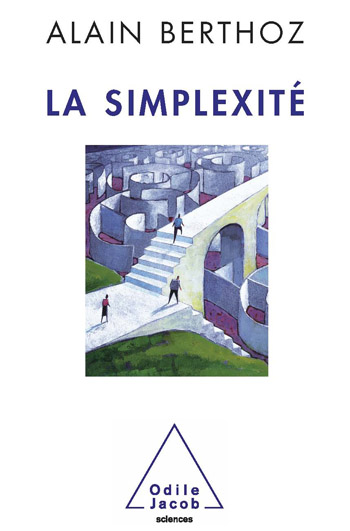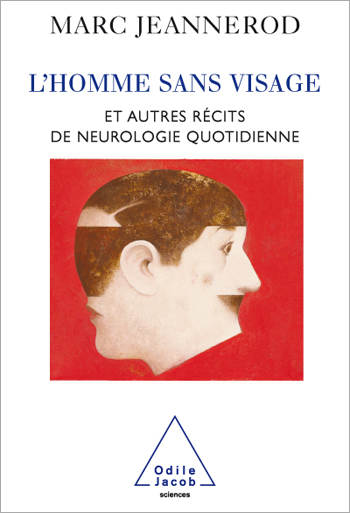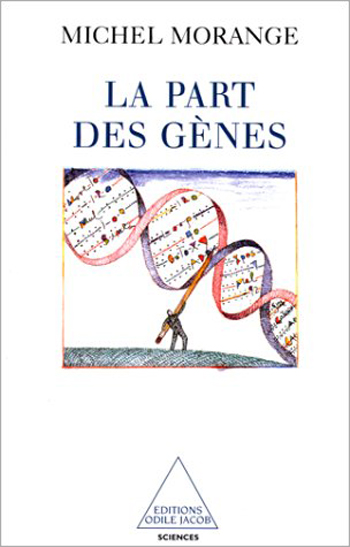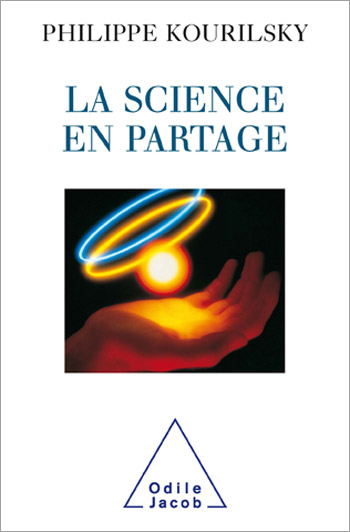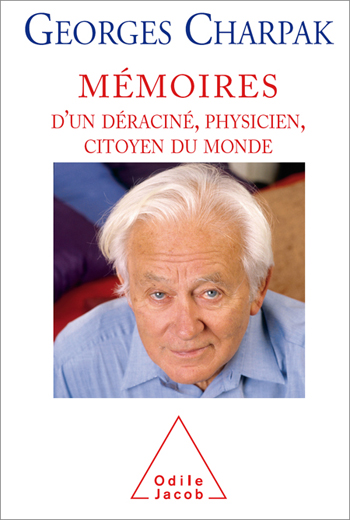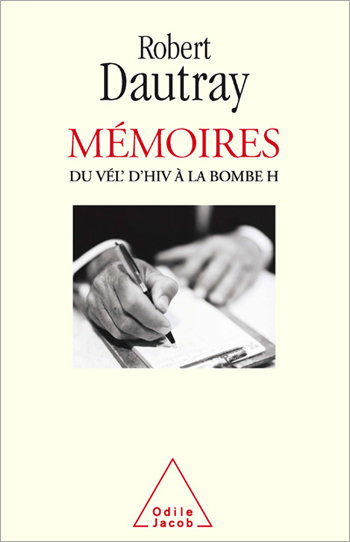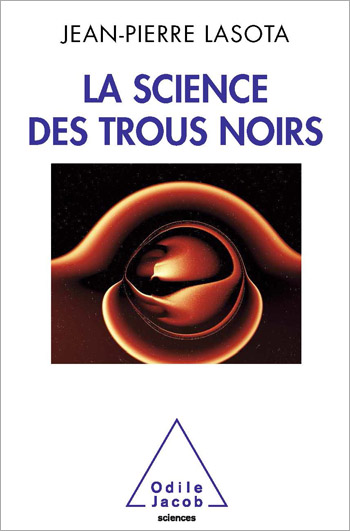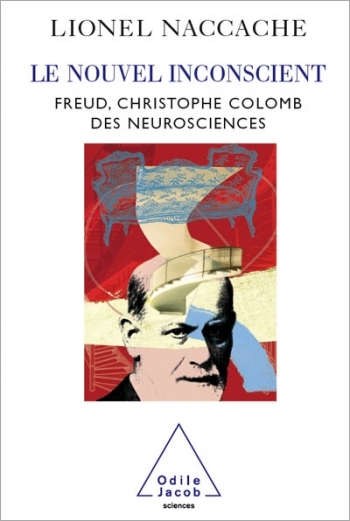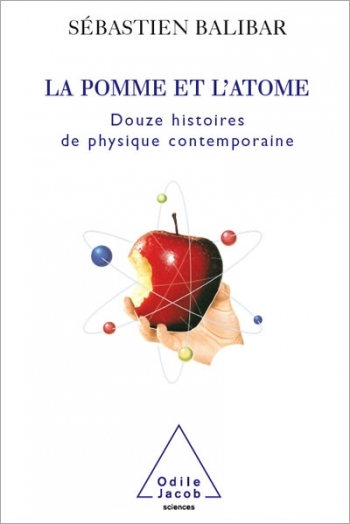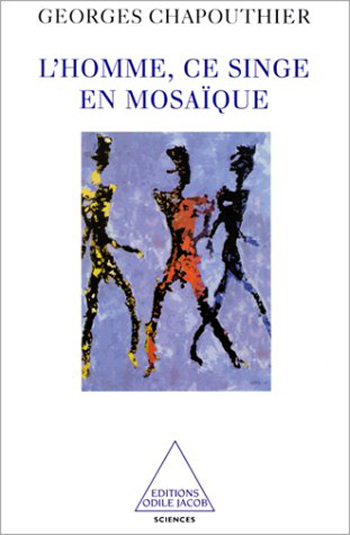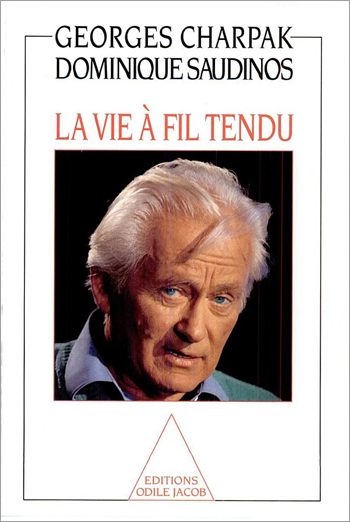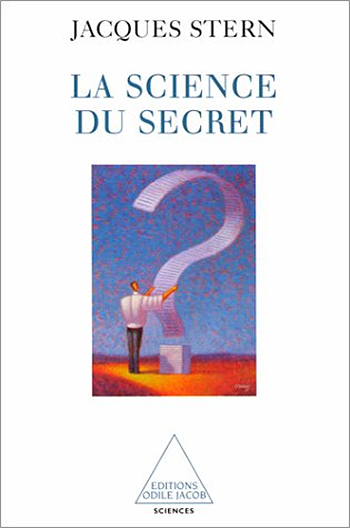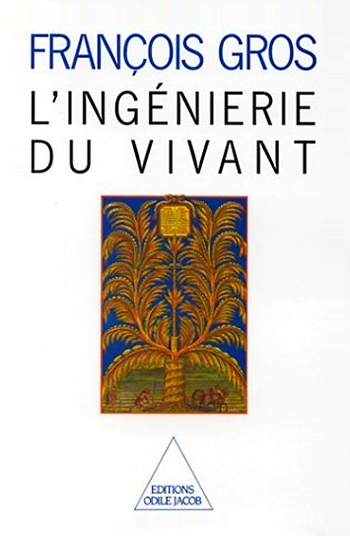Science All books
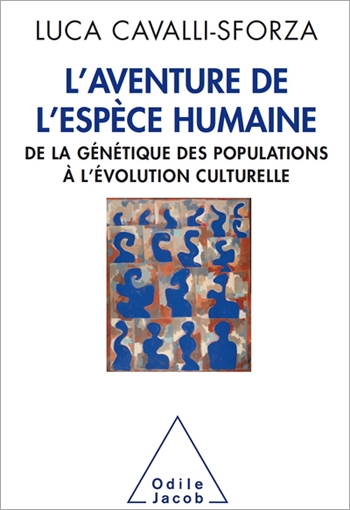
Luca Cavalli-Sforza
The Adventure of the Human Species From Population Genetics to Cultural Evolution
How evolution and human functioning made humankind the dominant species
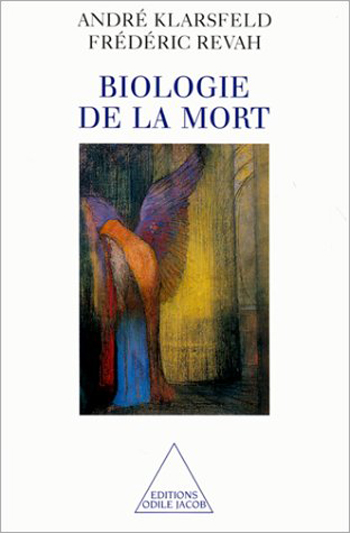
André Klarsfeld, Frédéric Revah
The Biology of Death
Why are most living organisms condemned to die a natural death, even if they are in a well-protected and highly favourable environment ? Is death a "useful" biological process or does it not correspond to any natural necessity ?
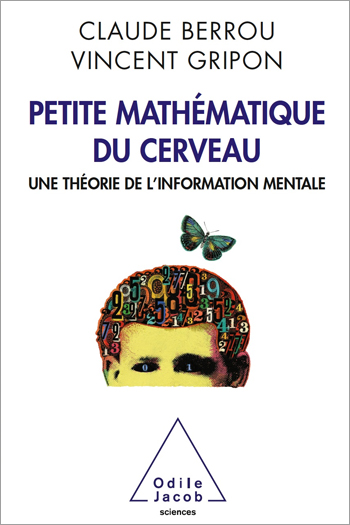
Claude Berrou, Vincent Gripon
Some Brain Mathematics A Theory of Mental Information
How the human brain processes information — an explanation between neuroscience and information technology.
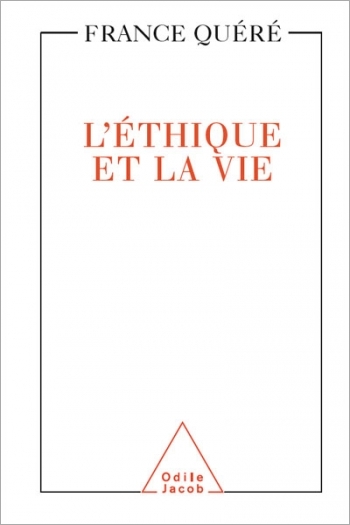
France Quéré
Ethics and Life
The recent advances in life sciences have modified our knowledge about the nature of man. Genetic engineering has given us a certain power over his future. Which principles must preside over artificial procreation and organ donation? How far can we allow genetic engineering and medical experimentations to go? What are the moral and ethical barriers of human science?
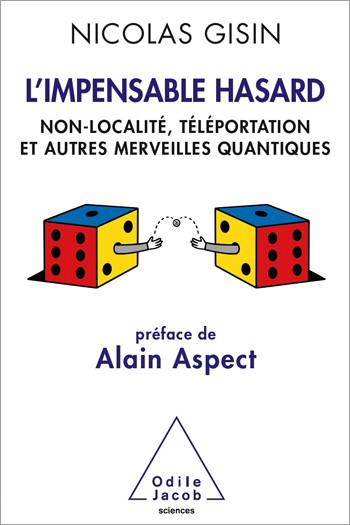
Nicolas Gisin
Unthinkable Randomness Non-Locality, Teleportation and Other Quantum Wonders
An indispensable book to finally understand the fascinating world of quantum physics
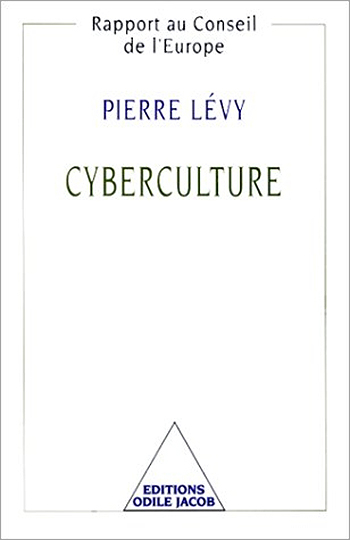
Pierre Lévy
Cyberculture
What is cyberculture? What are the social and cultural implications behind this technical phenomenon? Could it be held responsible for altering our relationship to knowledge? These are some of the questions addressed in Cyberculture, which covers such aspects of new technology as numerisation, navigation, memory, programming, software, virtual reality, multimedia, interactivity, and electronic mail. Written for the non-power user, this is a clear, complete and highly accessible presentation of new technologies, their uses and future stakes. Pierre Lévy is a philosopher who teaches at the University of Paris-VIII, in the hypermedia department.
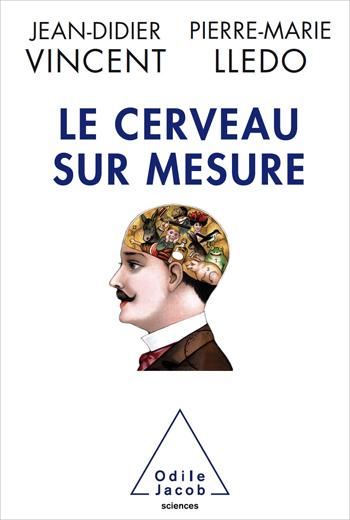
Jean-Didier Vincent, Pierre-Marie Lledo
The Made-to-Order Brain
The neurosciences are making it possible to repair, modify and enhance the brain, heralding a revolution for all of us
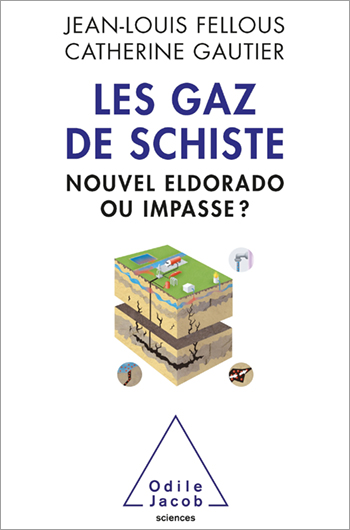
Jean-Louis Fellous, Catherine Gautier
The Gazs Shale New Eldorado or Impasse ?
Global problems related to the interaction of humans with their environment are multiplying: climatic upheaval, oil crisis, energy policies that are too lenient on carbon emissions
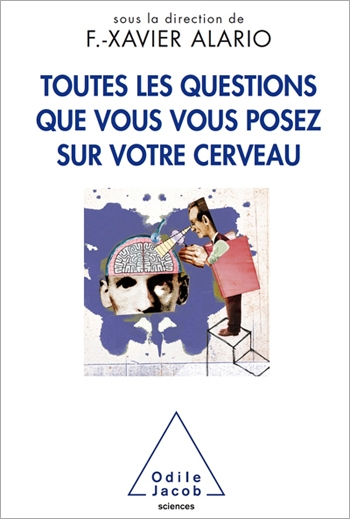
Xavier Alario
Questions About the Brain
The answers given here have all been scientifically approved and are widely accessible
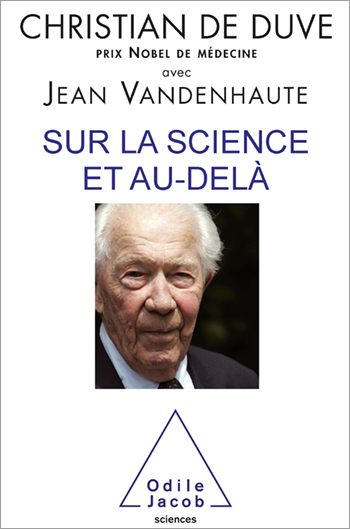
Christian de Duve, Jean Vandenhaute
On Science and Other Matters
In these posthumously published interviews, the late Christian De Duve, Nobel Prize winner in Medicine, gives his views on some of the major issues of our times
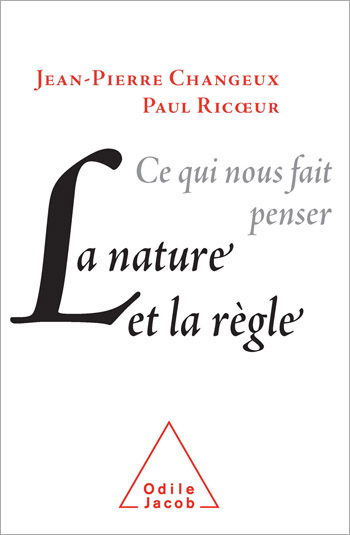
Jean-Pierre Changeux, Paul Ricœur
What Makes Us Think Nature and Rules
'The intention of this book was to put a scientist and a philosopher face to face and spark a dialogue between them on neuroscience, on their results and projects, and their ability to carry out a debate on ethics, its norms, and on peace. In France, ideas are rarely openly discussed. Serious debates are too often hindered by dogmatic statements, one-sided criticisms, incomprehensible discussions and glib mockery, with little or no thought for the solidity of the arguments, which aim only to appear plausible or worthy of being argued, rather than convincing. A totally free and open dialogue between a scientist and a philosopher is necessarily a highly unusual experience for both.' Paul Ricur and Jean-Pierre Changeux Paul Ricur is an honorary professor at the University of Paris-X and an emeritus professor at the University of Chicago. Jean-Pierre Changeux, a member of the French Academy of Science, teaches at the College of France and the Pasteur Institute.
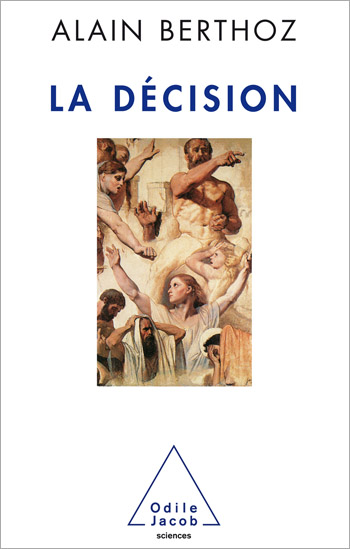
Alain Berthoz
The Decision
In this work, Alain Berthoz examines the psychology of decision-making, based on his conception of the human brain not as a calculator or compiler but as a simulator of action. Instead of considering the process of decision-making as a rational one, based on logical tools, he regards it as the fundamental property of the nervous system, its goal being to prepare, command and control actions and shows that to decide is to predict. Alain Berthoz teaches physiology of action and perception at the Collège de France.
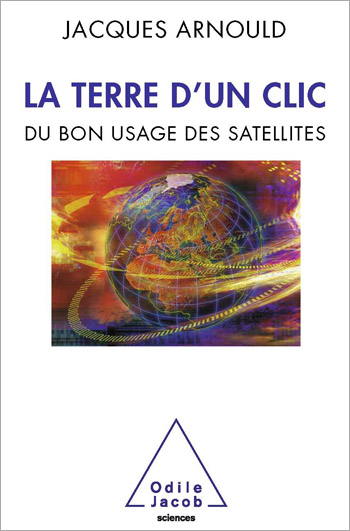
Jacques Arnould
The Earth Under Surveillance
he history of space technology (particularly on the subject of spy or reconnaissance satellites) and the hopes and fears raised by space exploration.
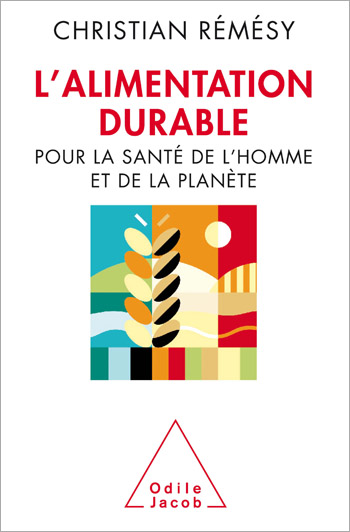
Christian Rémésy
Sustainable Food
The author explains how to establish eating habits that are truly preventive.
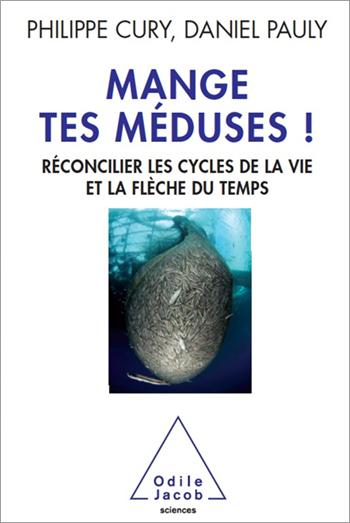
Philippe Cury, Daniel Pauly
Eat Your Jellyfish! Human Impact on Nature
An uncompromising picture of overexploitation, especially of marine resources. Examples of certain actions that have been successfully undertaken show (perhaps) that all has not yet been lost.
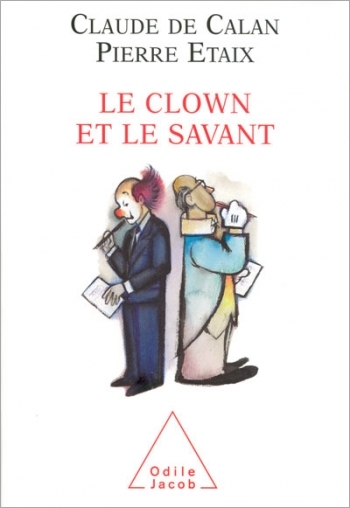
Claude de Calan, Pierre Etaix
The Clown and the Wise Man
"One of us is an acrobat and a filmmaker who tries to provoke laughter; the other one tries to contribute to the progress of mathematical physics. Yet, we could endlessly throw our ideas back and forth. The surprising closeness of our approaches, the strange fraternity between our two disciplines, which are as far away from each other in their goals as in their techniques, gave us great joy. It is our feeling of wonder that wed like to share here," write Pierre Etaix and Claude de Calan. Sometimes known as the French Buster Keaton, Pierre Etaix is a master of burlesque and the inventor of unequalled visual gags. Claude de Calan is a scientist at the Centre of Theoretical Physics at the Ecole Polytechnique.
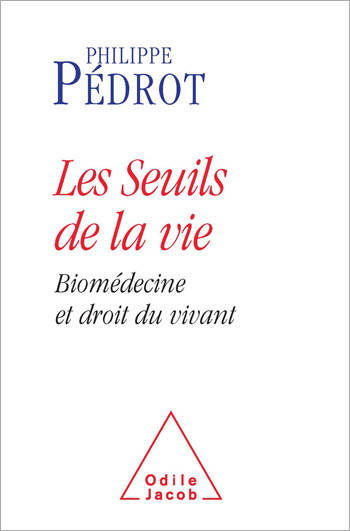
Philippe Pédrot
Judging What Cannot Be Decided The Body Seized by the Law
This is a careful study of the cataclysm that biomedical technology has wreaked on procreation, gestation, life and death.
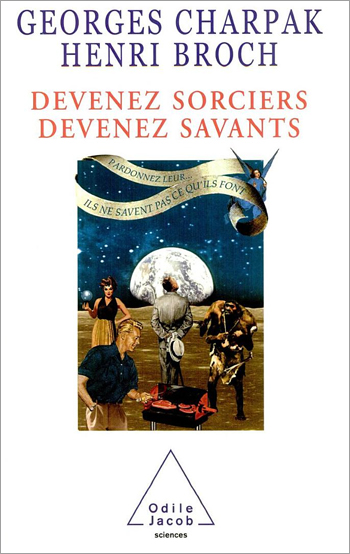
Georges Charpak, Henri Broch
Becoming a Magician is Becoming Wise
Would you like to know how to burn out a light bulb from afar? Would you like to know how to walk barefoot on burning coals without scorching your feet and as comfortably as if you were walking on the softest deep-pile rug? And would you like to understand why this is possible? Magic here has simply switched sides: it no longer belongs to the realm of the supernatural; it has become completely natural.The goal of this book is to make the reader understand that the supernatural does not exist and that it is essential in todays world to be scientifically literate. Georges Charpak, a physicist at CERN, is a winner of the Nobel Prize for Physics. Henri Broch heads the Laboratoire de Zététique at the University of Nice-Sophia Antipolis.
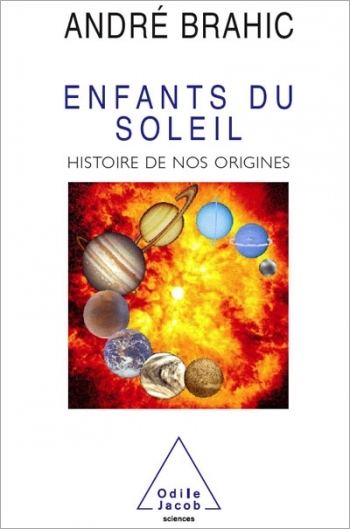
André Brahic
Children of the Sun The History of Our Origins
In less than a century, scientists have acquired enough information to try to explain the origin of life, to realise that there may be other life forms in the universe, and to begin to understand the birth of our planet and its future. André Brahic writes about the planets, the stars and the universe without forgetting the role played by human beings who are themselves made from solar atoms and are thus truly "children of the sun". André Brahic, an astronomer, is known for discovering the rings of Neptune.

